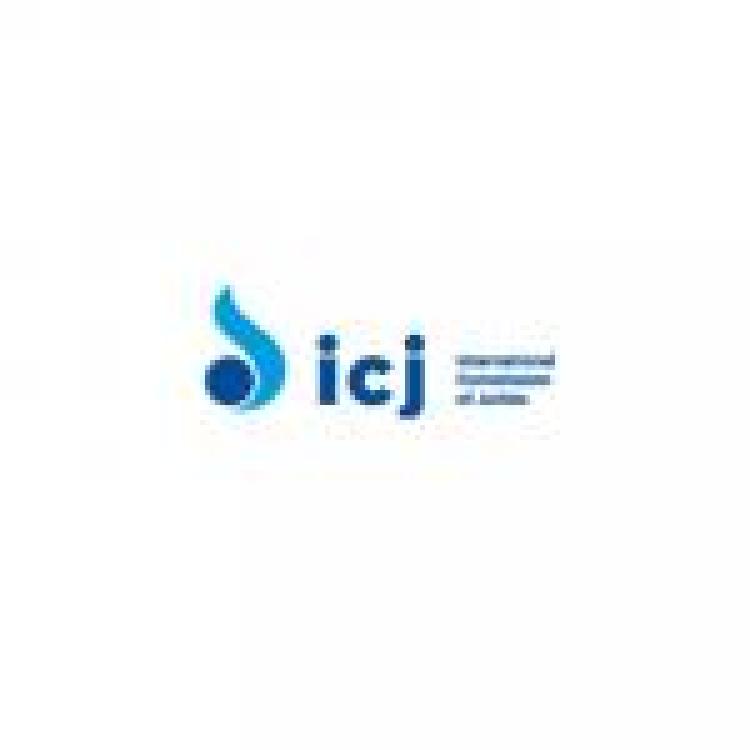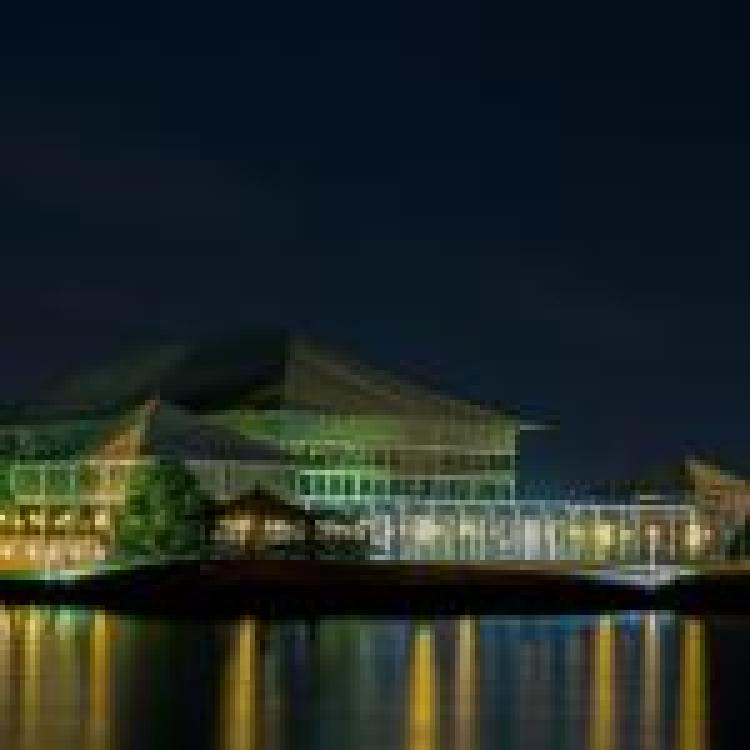Sri Lanka’s 20th Amendment to the Constitution “may fall short of international standards and adversely affect the independence of the judiciary as well as the separation of powers,” warned two Untied Nations Special Rapporteurs this month, as they put forward a series of recommendations to Sri Lanka’s parliament.
The United Nations Special Rapporteur on the independence of judges and lawyers and the Special Rapporteur on the promotion of truth, justice, reparation and guarantees of non-recurrence said they wanted to highlight “the adverse impact that the 20th Amendment to the Constitution of Sri Lanka may have on the independence of the judiciary and the separation of powers, as well as on the independence of institutions which are essential to the establishment of guarantees of nonrecurrence of past gross violations of human rights and serious violations of international humanitarian law”.
“The unfettered powers entrusted to the President in relation to the appointment and dismissal of the chairperson and members of independent commissions risk undermining the independence of public service institutions which had been established by the Constitution to guarantee democratic checks and balance and respect for the rule of law, by dismantling their most essential characteristic which effectively sheltered them from undue influence,” the communication sent to Sri Lanka’s government said.
“We are particularly concerned about the impact that such procedures may have on two institutions which are essential to the establishment of guarantees of nonrecurrence of past gross human rights violations and serious violations of international law, in particular the Human Rights Commission and the National Police Commission,” it added, noting that “in countries where even basic oversight mechanisms are weak or completely absent, the risk of future atrocities is high”.
“The amendment of the presidential immunity provisions could have serious consequences for accountability of past and future human rights violations, including those that have been committed during the conflict,” the rapporteurs continued.
“We would like to recall that international law sets limits to the adoption of immunities from criminal prosecutions for serious violations of human rights insofar as they foster impunity.”
Read the full text of the communication here.
In response, the Sri Lankan government said, “it would be appreciated if the special procedures afford adequate time to the States to engage and respond to lengthy commentaries of this nature”.


